New Zealand's pioneering four-day work week experiment has yielded significant insights into alternative work structures and employee wellbeing. The nationally monitored trial represents one of the most comprehensive examinations of compressed work schedules, providing valuable data on physiological and psychological health outcomes.
Trial Design
The government-supported initiative involved multiple organizations across diverse sectors implementing 32-hour work weeks without salary reduction. Researchers employed mixed-method evaluation techniques including biometric monitoring, productivity metrics, and qualitative interviews. The study design incorporated control groups maintaining traditional schedules for comparative analysis.
Physical Health Outcomes
Participants demonstrated measurable improvements across several health indicators. Sleep quality metrics showed significant enhancement, particularly in sleep duration and restoration quality. Sedentary behavior reduction emerged as a consistent finding, with increased time allocated to physical activity. Reported musculoskeletal complaints decreased notably among previously office-bound workers.
Psychological Findings
Mental health assessments revealed substantial reductions in work-related stress markers and anxiety symptoms. Emotional exhaustion scores declined while measures of life satisfaction increased. The additional recovery time appeared to facilitate better work-life boundary management, particularly for caregivers and employees with family responsibilities.
Cognitive Performance
Contrary to initial productivity concerns, cognitive testing indicated improved concentration and information retention among trial participants. Decision-making speed and accuracy metrics showed positive correlation with reduced work hours. Creativity assessments demonstrated enhanced problem-solving capacities following the schedule change.
Behavioral Changes
Time-use diaries revealed significant reallocation of gained leisure time toward health-promoting activities. Participants reported increased engagement in exercise, meal preparation, and preventative healthcare utilization. Social connection metrics improved across multiple relationship categories.
Workplace Adaptation
Organizations successfully implemented various operational adjustments to maintain productivity. Meeting efficiency improvements and task prioritization strategies emerged as common successful adaptations. The transition required careful change management but ultimately achieved high sustainability ratings from participating employers.
Gender-Specific Outcomes
Analysis revealed differentiated impacts based on gender roles. Female participants reported greater stress reduction benefits, while male participants showed more pronounced physical activity increases. Caregiving responsibilities significantly influenced individual experience variations within the trial population.
Longitudinal Considerations
Follow-up assessments indicate variable maintenance of health benefits post-trial. Organizations adopting permanent four-day schedules demonstrate more sustained employee health improvements than those returning to traditional models. The findings suggest structural rather than temporary intervention effects drive most observed benefits.
Implementation Challenges
Participating organizations identified workload distribution and client expectations as primary operational hurdles. Some industries faced greater adaptation difficulties due to regulatory or service requirement constraints. The trial highlighted the importance of tailored implementation strategies across different business models.
Policy Implications
The results are informing national discussions on work hour regulations and occupational health standards. Public health experts cite the findings in advocating for work structure reforms to address modern health challenges. The data provides concrete evidence for organizational decision-makers considering alternative schedules.
Future Research Directions
Ongoing studies are examining the scalability of findings across larger populations and different economic sectors. Researchers are particularly interested in long-term cardiovascular and metabolic health impacts. Additional trials are planned to test modified four-day week variations in specific industries.
New Zealand's four-day work week experiment offers compelling evidence for the health benefits of reduced work hours without proportional productivity loss. The findings challenge traditional assumptions about work-hour requirements and employee wellbeing. While implementation requires careful planning, the trial results suggest significant potential for alternative work structures to address contemporary public health challenges. The data provides a valuable foundation for organizations considering similar initiatives and policymakers evaluating labor market reforms.

By Emily Johnson/Mar 29, 2025
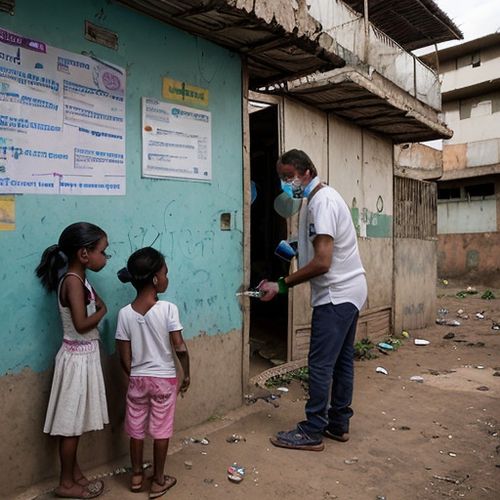
By Olivia Reed/Mar 29, 2025

By Benjamin Evans/Mar 29, 2025

By Jessica Lee/Mar 29, 2025

By Benjamin Evans/Mar 29, 2025
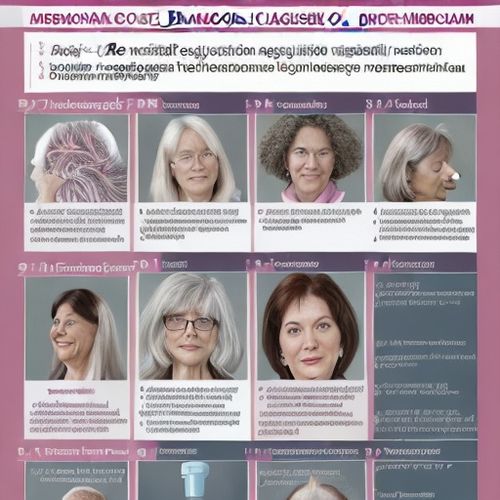
By Noah Bell/Mar 29, 2025
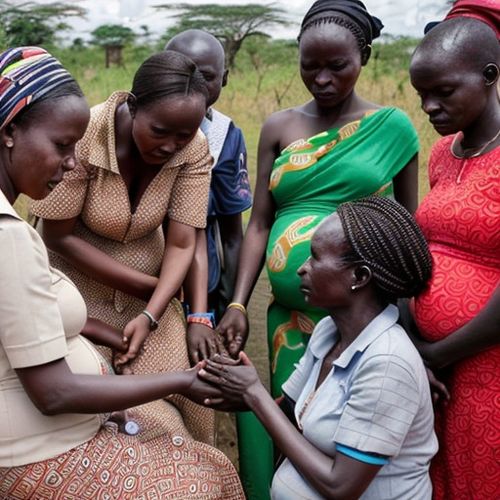
By Emily Johnson/Mar 29, 2025

By Grace Cox/Mar 29, 2025

By Megan Clark/Mar 29, 2025

By Sophia Lewis/Mar 29, 2025

By Joshua Howard/Mar 29, 2025

By Ryan Martin/Mar 29, 2025
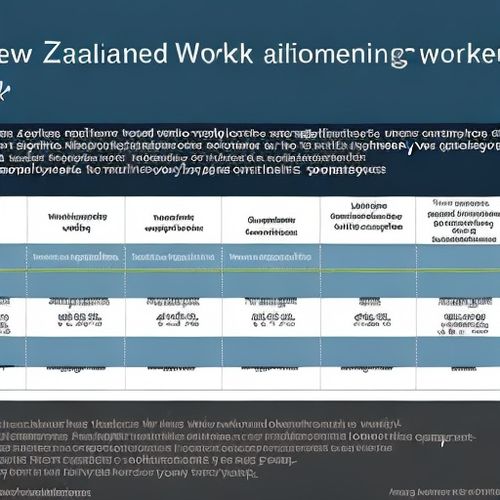
By John Smith/Mar 29, 2025

By Megan Clark/Mar 29, 2025

By George Bailey/Mar 29, 2025

By Ryan Martin/Mar 29, 2025

By Benjamin Evans/Mar 29, 2025

By Emma Thompson/Mar 29, 2025
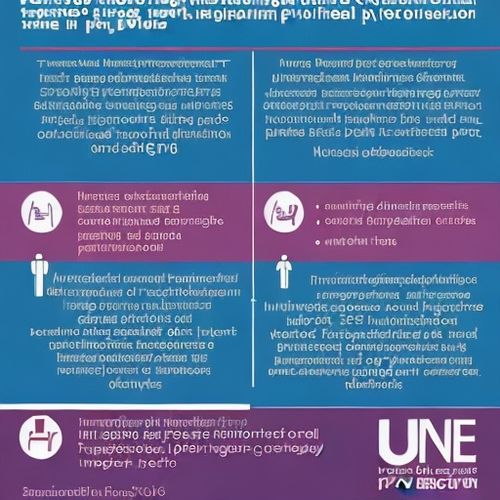
By Lily Simpson/Mar 29, 2025

By Amanda Phillips/Mar 29, 2025